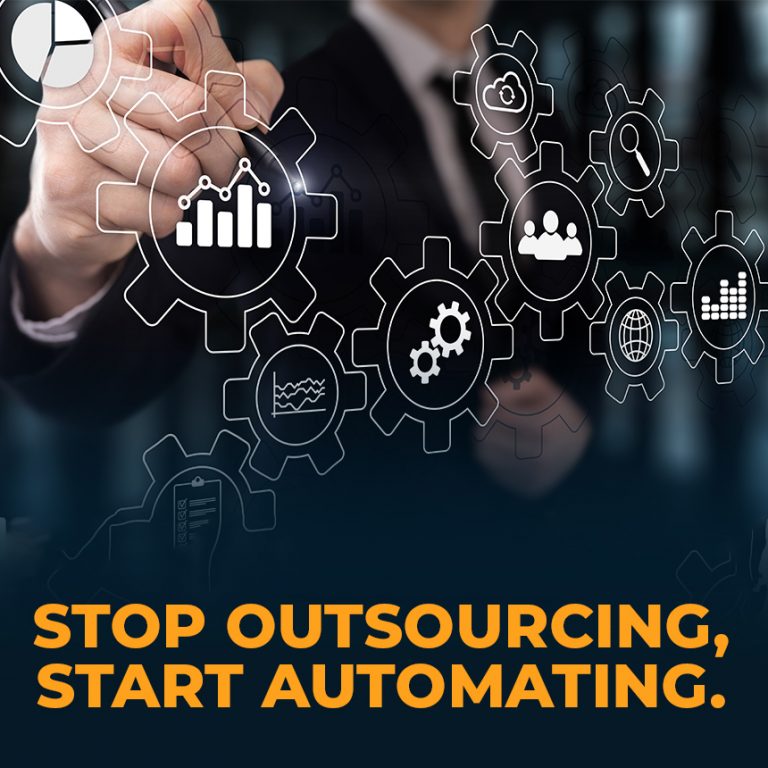
An intellectual approach to customer engagement is the new trend of the marketplace due to the regular rise in the competition. A business should start to adopt artificial intelligence in a cognitive engagement strategy to achieve an advantage in the competitive world.
A cognitive engagement strategy involves the input of customer data. The predictive analytics process analyzes the data to generate insights into the data and predict future customer behavior. A business should always see AI from a business point of view rather than technology.
Three Types of AI:
Any business can employ Artificial intelligence in three different ways:
Process Automation:
Automating administration management and financial activity is the most common way businesses are using artificial intelligence. RPA robotic process automation technologies are getting more advanced than earlier and supporting the business-processes by processing data like a human, but a lot faster and the best resolution. Many tasks are being automated in the business process. To mention some:
- Transferring data from the customer’s profile to the system of database record with Name, Email Id, etc.
- Renewing of the lost cards, handling customer communication, and updating data on several platforms.
- Extraction of information from a bunch of customers’ data and then finding the reason for the system failures during a charge request.
- Using natural language processing, interpretation, and extraction of the provisions, from legal and contractual documents.
Robotic process automation is cost-effective and effortless to implement and typically delivers a fast and high return on investment.
People might think that the robotic process automation RPA would make people lose their jobs. However, it doesn’t replace a person from the post, and replacing administrative employees was never the prime purpose.
Cognitive insight:
The second way how businesses use AI is through deep learning, where they use algorithms to identify patterns in large quantities of data and evaluate the significance of that data. Imagine this as analytics 20 times faster than usual, and businesses use these tools for the following use:
- Predicting customer buying behavior based on his previous record.
- Identifying frauds in real-time, helping businesses from loss.
- Analyzing product and quality check of the manufactured product to identify the right quality products.
- Automated personalized advertising campaigns.
- Providing an insurer with an accurate and detailed claim amount.
Cognitive insights which a machine produces with the help of machine learning contrast from those which were providing the following traditional analytics methods in three ways: They produce comprehensive and accurate data insight, the frameworks trains on a few elements of the data set, and the illustrations become better.
Automated results are improving over time as they are using the new data and producing new results on every customer’s behavior.
Cognitive insight application utilization is to improve the performance of the jobs that can only be done by a machine. Tasks such as programmatic ad purchasing, which require a quick data crunching and mechanization that they’ve been ahead of human ability; they can’t be a threat to human jobs.
Cognitive engagement:
Projects or Applications, which involves customers and employees to interact with the help of natural language processing like chatbots, intelligent agents, and machine learning, are the least used way to utilize artificial intelligence:
- Intelligent agents in customer services take care of the small issue of the customer such as “a password change request, technical support questions, etc.” They are available 24/7 and thus, enhancing customer experience through communication in customers’ natural language.
- Internal website or community to answer all the queries and policy for the employees
- A system which recommends product and services for the retailers to increase the personalization, engagement, and sales.
- E.g., wellness nursing support application that helps providers to build customized health policies that will take care of individual patients’ health situations and past treatments record.
Business tends to practice cognitive engagement technologies more to communicate with their employees than with consumers. That might help a business to feel more comfortable to switch customer interaction with the machine.
The idea is to ultimately empower customers to interact with the cognitive assistant, instead of the human customer-service agents necessary across domains. However, many businesses are not aware of the starting point. They may feel the requirement of the potential for cognitive technologies.
There are numerous applications available in the market, and many of which are free. Then, target a particular marketing action to leverage these analytics practically. Proceed with optimizing till you’re producing revised results.


